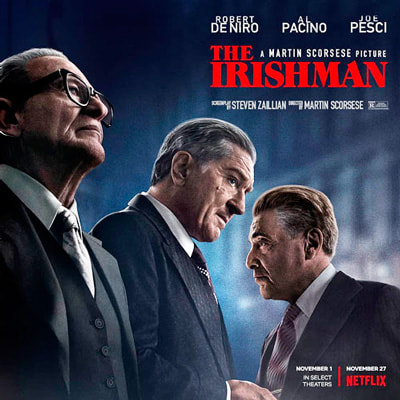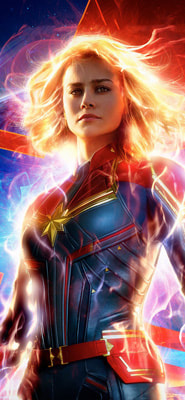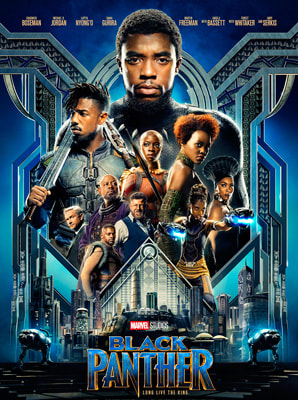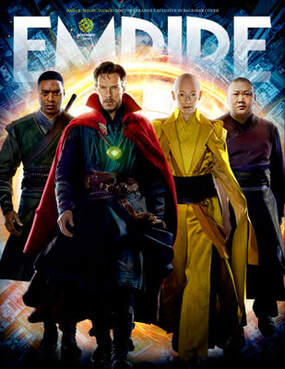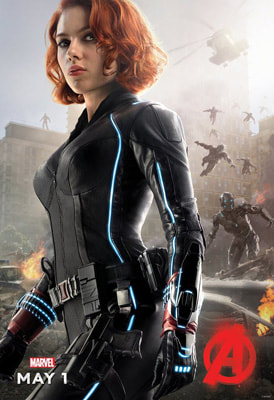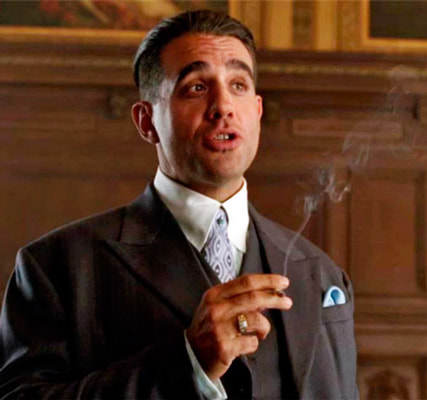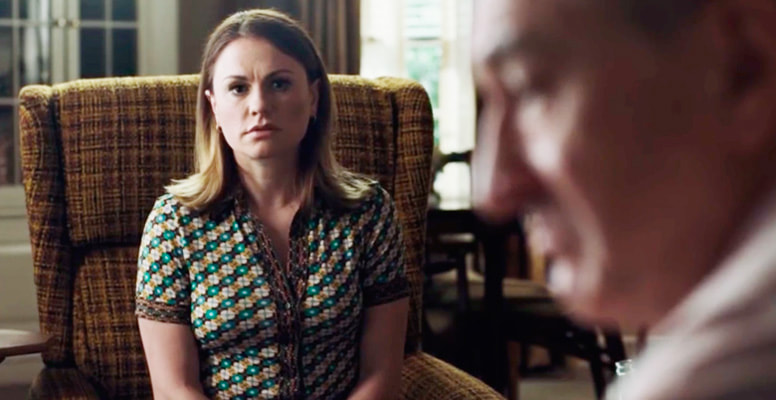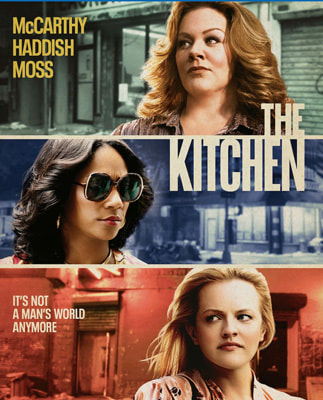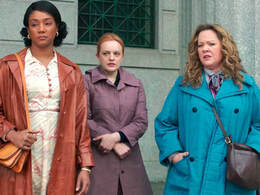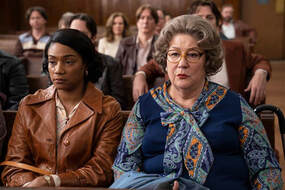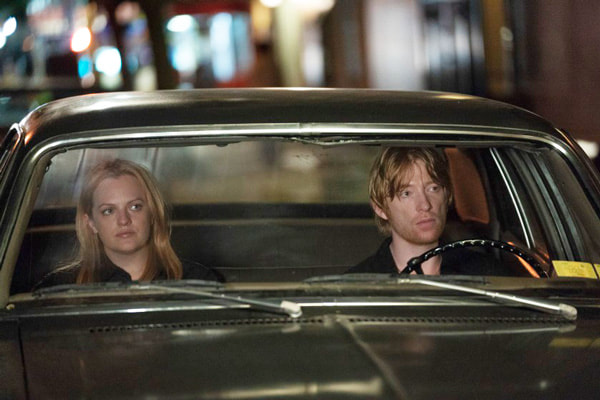The Irishman: Worst Film of 2019?
by Paulette Reynolds * December 26, 2019
Director: Martin Scorsese
Screeplay: Steven Zailian
Editor: Thelma Schoonmaker
Starring Robert De Niro/Frank Sheeran, Al Pacino/Jimmy Hoffa, Joe Pesci/Russell Bufalino, Ray Romano/Bill Bufalino, Bobby Cannavale/Felix Ditullio, Harvey Keitel/Angelo Bruno, Anna Paquin/Peggy Sheeran.
Screeplay: Steven Zailian
Editor: Thelma Schoonmaker
Starring Robert De Niro/Frank Sheeran, Al Pacino/Jimmy Hoffa, Joe Pesci/Russell Bufalino, Ray Romano/Bill Bufalino, Bobby Cannavale/Felix Ditullio, Harvey Keitel/Angelo Bruno, Anna Paquin/Peggy Sheeran.
December brings film fans many gifts - reruns of favorite holiday films, overpriced boxed sets of cherished movies and of course, every film critics laundry list of favorite films of the year. These records are the ghosts of Awards Season Future, for they loudly proclaim what films made their naughty and nice lists. And they direct our attention towards films that the studios want us to see in the hopes they make it to the coveted trifecta of awards - the Golden Globes, BAFTA and the Oscars.
The most strident call for attention is predictably Martin Scorsese's latest vanity project, The Irishman. Clocking in at a bloated 209 minutes, many critics and cinephiles are only too happy to hail it as his definitive auteur creation. But just as predictably, I'm less than impressed.
Back in October, Scorsese - in mourning over the dearth of "narrative films' - slammed Marvel movies, calling into question the popular film franchise's right to be considered 'cinema'. Just what is driving the famed director's narrative - perhaps jealousy? After all, Marvel productions - with their diverse casts, strong female characters and engaging stories - has a wider audience base and takes more money to the bank.
Back in October, Scorsese - in mourning over the dearth of "narrative films' - slammed Marvel movies, calling into question the popular film franchise's right to be considered 'cinema'. Just what is driving the famed director's narrative - perhaps jealousy? After all, Marvel productions - with their diverse casts, strong female characters and engaging stories - has a wider audience base and takes more money to the bank.
Despite Mr. Scorsese feeble pronouncements, Marvel productions are filled with strong narrative structures that are propelled by action, mythic themes, wonderful plot twists, and innovative special effects. Positive role models for women and girls (Captain Marvel, Shuri, Black Widow) and the ground-breaking Black Panther are money-makers for a reason - women and fans want to see more than just the straight while male gaze.
And perhaps too, Scorsese may be experiencing that old “out of touch” feeling, as many of his films harken back to the 1970s style of white male-centric filmmaking, with all-white casts and few women who function as little more than cardboard cutouts to flesh out a scene.
And perhaps too, Scorsese may be experiencing that old “out of touch” feeling, as many of his films harken back to the 1970s style of white male-centric filmmaking, with all-white casts and few women who function as little more than cardboard cutouts to flesh out a scene.
Is The Irishman telling a new story? Scorsese predictably gives audiences the same story from his library of white gangster tales, complete with the usual suspects - Robert De Niro, Joe Pesci and Al Pacino. All three actors - pushing 80 - get a narcissistic cosmetic surgery makeover for their aging profiles, which prompted a polite debate in the Hollywood press. I can’t help but wonder what the response would be if it were three female actors getting the CGI facelift?
The problem with such a silly stunt is no one sent a memo to the trio's bodies, and we're left watching a horror show, where their physical movements simply aren't in synch with their frozen faces. The Irishman plods along for a grueling three and a half hours, interrupted by Pesci's intoning meaningless phrases from the Godfather handbook, Pacino's over-cooked acting and De Niro’s perpetual grimace. Bobby Cannavale brings a spark of interest to the table, but watching Anna Paquin's mute cameo performance is such a tragic waste of a brilliant performer.
If Scorsese wants to add a new gangster film to his genre resume, I recommend Andrea Berloff's The Kitchen. Set in Hell's Kitchen during the 1970s, it features an integrated cast and boasts strong women in the lead. Melissa McCarthy, Tiffany Haddish and Elisabeth Moss star as three housewives who decide to break the glass ceiling of organized crime and discover some new facets to their personalities along the way.
Written by Ms. Berloff, the film explores how they challenge the male status quo, from mob violence and rape culture to racism and misogyny. Tiffany Haddish, Domhnall Gleeson and Margo Martindale add just the right touch of octane to their characters and the overlapping plots. And yes, the premise was done in 2018 with Widows, but Hollywood never throws away the cookie-cutter when it comes to male directed films - so why criticize female-centric movies for doing the same?
In Hollywood, Art often imitates Life, and breaking into a male-dominated genre can be tough: Even though The Kitchen had a modest budget of $38 million, it managed to gross $16 million. An A-list film like The Irishman spent $159 million and the box office barely reached $7.9 million. Yet the Scorsese brand will prove that the double standard in filmmaking still benefits the Good Old Boys Director's Club during the 2020 award season.
We like to pretend that time improves our perspective of a thing, when the hard truth is that the creative vision sometimes becomes impaired by age and ego. The wheel of time is slowly turning for artists behind the camera, and the nature of filmmaking is changing with it. Sadly, some sectors of the Hollywood film industry refuse to acknowledge that Martin Scorsese just might need cataract surgery to restore his gifted sight.
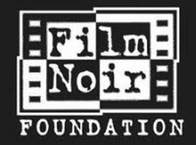
CineMata's Movie Madness
is a proud sponsor of the Film Noir Foundation.
COPYRIGHT 2012/2020. Paulette Reynolds. All CineMata Movie Madness blog articles, reviews, faux interviews, commentary, and the Cine Mata character are under the sole ownership of Paulette Reynolds. All intellectual and creative rights reserved.
